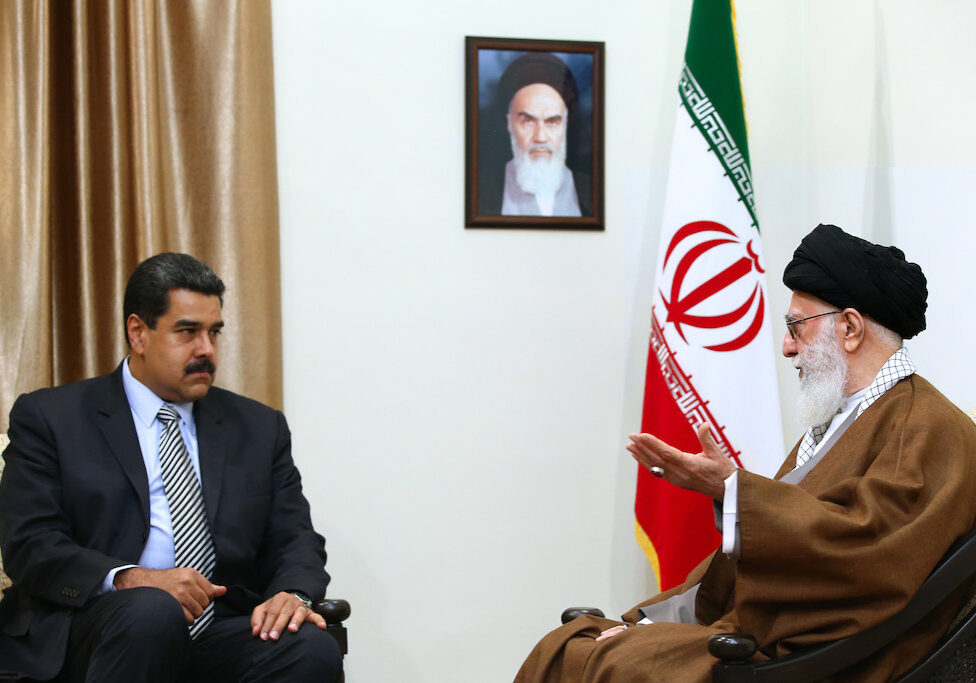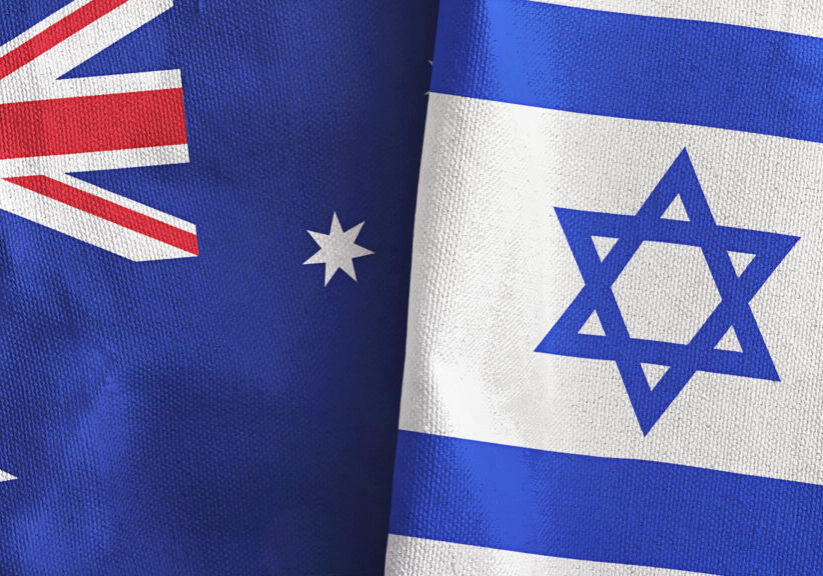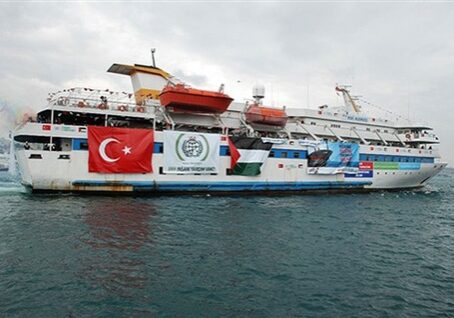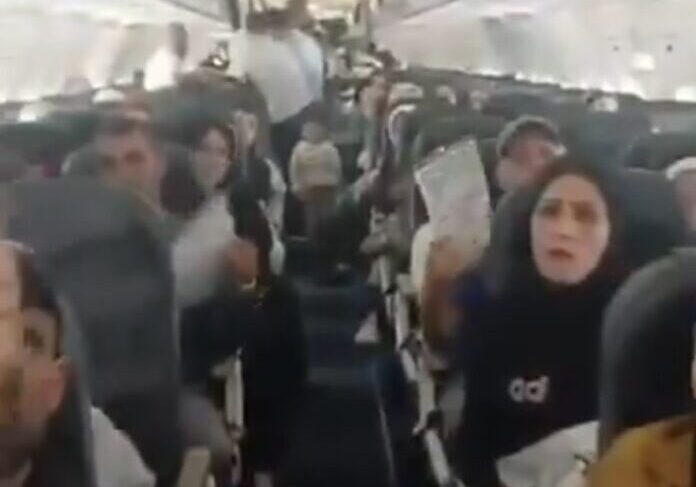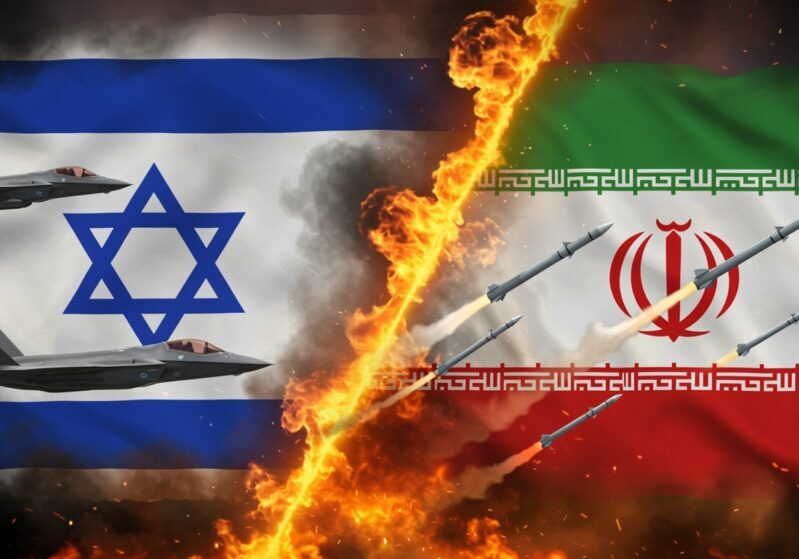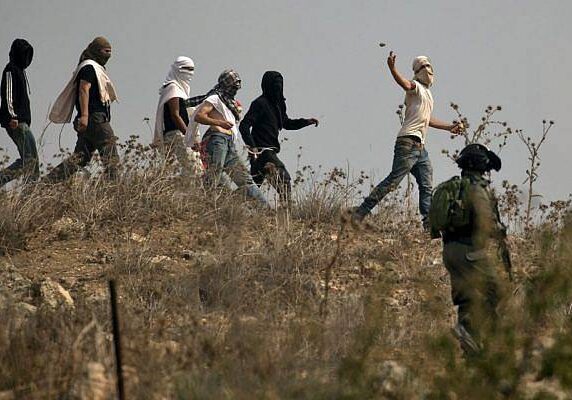Australia/Israel Review
How weakened is Hezbollah?
Oct 16, 2024 | Matthew Levitt
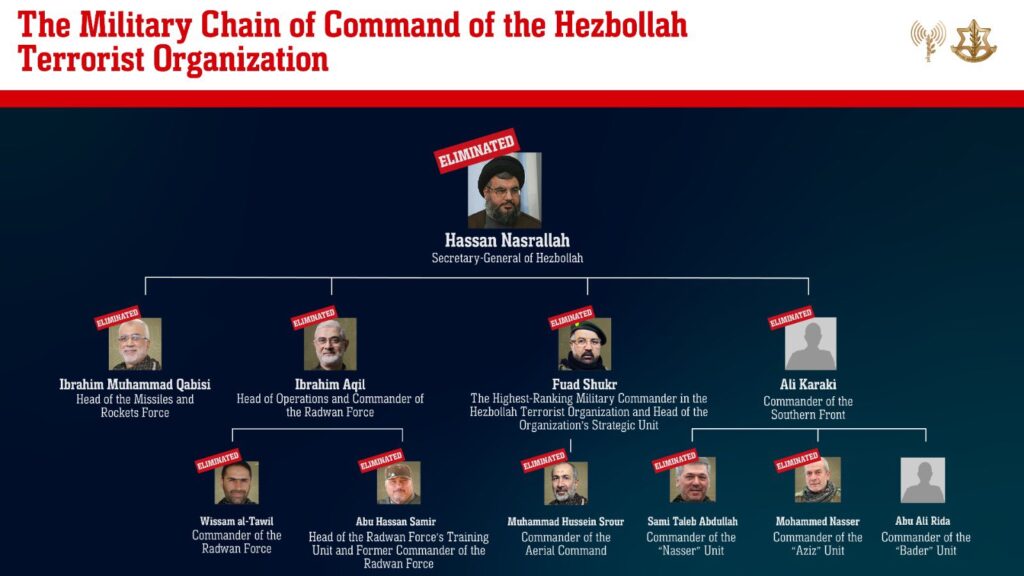
Even Iranian ballistic missile strikes targeting Israel cannot mask the fact that Hezbollah, the jewel in the crown of Teheran’s “Axis of Resistance”, no longer exists as we knew it. And since Hezbollah was the backbone of this network of militant proxies, Iran’s strategy of arming and deploying these groups throughout the region is suddenly at risk.
And yet, while its leadership has been decimated and its military capabilities severely degraded, Hezbollah still maintains an arsenal of rockets and a cadre of several thousand fighters. It will continue to pose potent military threats for Israel, Lebanon and the wider region. Hezbollah is surely eager to exact revenge upon Israel for the death of its leader of three decades, Hassan Nasrallah, in an airstrike, but it is less capable of doing so militarily today. As a result, Hezbollah may resort to plotting acts of international terrorism targeting Israeli interests or Jews abroad, as it has repeatedly over the years. In one case, a Hezbollah operative was reportedly caught storing three metric tons of explosive material in four northwest London properties.
The story of how Hezbollah was depleted reads like the plot of a paperback thriller. Within a span of a few days, Israeli forces attacked Hezbollah’s communication systems, disabled hundreds of fighters whose operational pagers and radios exploded, and killed a significant number of senior Hezbollah commanders, decimating the group’s command structure. An Israeli airstrike destroyed Hezbollah’s operational headquarters located deep below a residential apartment building in southern Beirut, killing Secretary-General Nasrallah, along with other Hezbollah and Iranian Revolutionary Guard Corps commanders.
Israeli airstrikes targeted Hezbollah rockets and launchers and Israeli commandos led dozens of secret raids into Lebanon, where they disabled Iranian-supplied weapons and mapped out and destroyed Hezbollah attack tunnels, launching areas and other infrastructure in villages on the Lebanese side of the border. On October 1, Israeli forces crossed into Lebanon, dismantling more infrastructure in order to prevent an October 7-style cross-border raid by Hezbollah into northern Israel.
Israel’s quick success against Hezbollah is the result of a dominance of intelligence. This follows a sea-change in Israeli intelligence collection methods after its last war with Hezbollah in 2006. American and Israeli officials assess that Israel has destroyed about half of Hezbollah’s stockpile of rockets and missiles in recent weeks, but the group still maintains an arsenal of surveillance and attack drones and some 60,000 to 100,000 rockets and missiles, which it remains capable of firing deep into the country.
Most of these projectiles are either shot down by Israeli air defences or miss their mark, and sometimes Hezbollah claims attacks that never happened. For example, on Oct. 1, Hezbollah announced that it had fired rockets at an Israeli Air Force base at Sde Dov, just north of Tel Aviv. But that base was decommissioned several years ago and is now an empty sandlot awaiting residential development.
These rockets are still very dangerous, however. After one Israeli strike killed a senior Hezbollah commander, on Sept. 22 the group launched about 100 rockets at Israel, some targeting the city of Haifa. More recently, in the middle of the Israeli air campaign against Hezbollah, the group fired a rocket at Tel Aviv for the first time, and it launched rockets at the city again a few days later.
But American officials say that, with so many of its key leaders killed in such a short span of time, Hezbollah’s command and control structure is severely damaged. Few commanders remain who can issue orders to fire missiles, which helps explain why the group has not launched larger rocket salvos at Israel. This may also explain why, despite Hezbollah deputy chief Naim Qassem’s televised pledge to engage the Israeli military if it entered southern Lebanon, Hezbollah’s actual response was to withdraw from the area and deny that Israeli forces had entered Lebanon at all.
Meanwhile, with Israeli soldiers dismantling Hezbollah attack infrastructure in southern Lebanon, and with a significant military presence defending the border, it would be much more difficult today for Hezbollah to carry out a cross-border attack. Indeed, according to the Israeli authorities, when they killed Hezbollah commander Ibrahim Aqil in an airstrike shortly after Hezbollah pagers and radios exploded, he and the commanders he was meeting with were planning just such an incursion into Israeli territory.
How will the group seek to avenge Nasrallah’s death amid these military setbacks? Hezbollah is likely to resort to acts of international terrorism, which are overseen by one of the few elements of the group that has not yet lost key leaders. Unit 910, also known as the Islamic Jihad Organisation or the External Security Organisation, is responsible for global terrorist plots. Led by Talal Hamiyah and his deputy, Khaled Kassem, Unit 910 maintains networks of operatives around the world who carry out surveillance of potential targets and stand by to enact plots if and when instructed to do so by Hezbollah in Lebanon.
Having off-the-shelf pre-operational planning at the ready, US intelligence officials assess, is “a critical component of [Hezbollah’s] terrorism playbook.” Ali Kourani, a Hezbollah operative who was arrested in New York in 2017 and ultimately convicted on terrorism charges, described himself as “a member of 910, also known as Islamic Jihad or the black ops of Hezbollah.” Asked by FBI agents under what circumstances he envisioned being ordered to carry out an attack in the US, Kourani outlined two scenarios: the assassination of Hassan Nasrallah or a war between Israel and Iran. In other words, a situation just like the one we are experiencing.
Hezbollah is not dead, but it is not likely to ever be the same organisation it was just a few weeks ago. Younger fighters will be promoted, but it will take time for them to accumulate the experience their predecessors possessed. Someone will succeed Nasrallah, but he will almost certainly pale in comparison with the charisma and skill of the deceased leader. The tunnels and other infrastructure Hezbollah built over many years, and at tremendous cost, will not be easily replaced.
But the true measure of whether the group will be able to reconstitute itself, even over many years, is whether Iran can restock Hezbollah’s sophisticated arsenal. Teheran’s network of proxy groups – from Hezbollah to Hamas to the Houthis – is only as dangerous as it is today because of Iran’s provision of weapons and money. Whatever Hezbollah does next, Western governments must prioritise cutting off Teheran’s ability to arm and fund its proxies.

